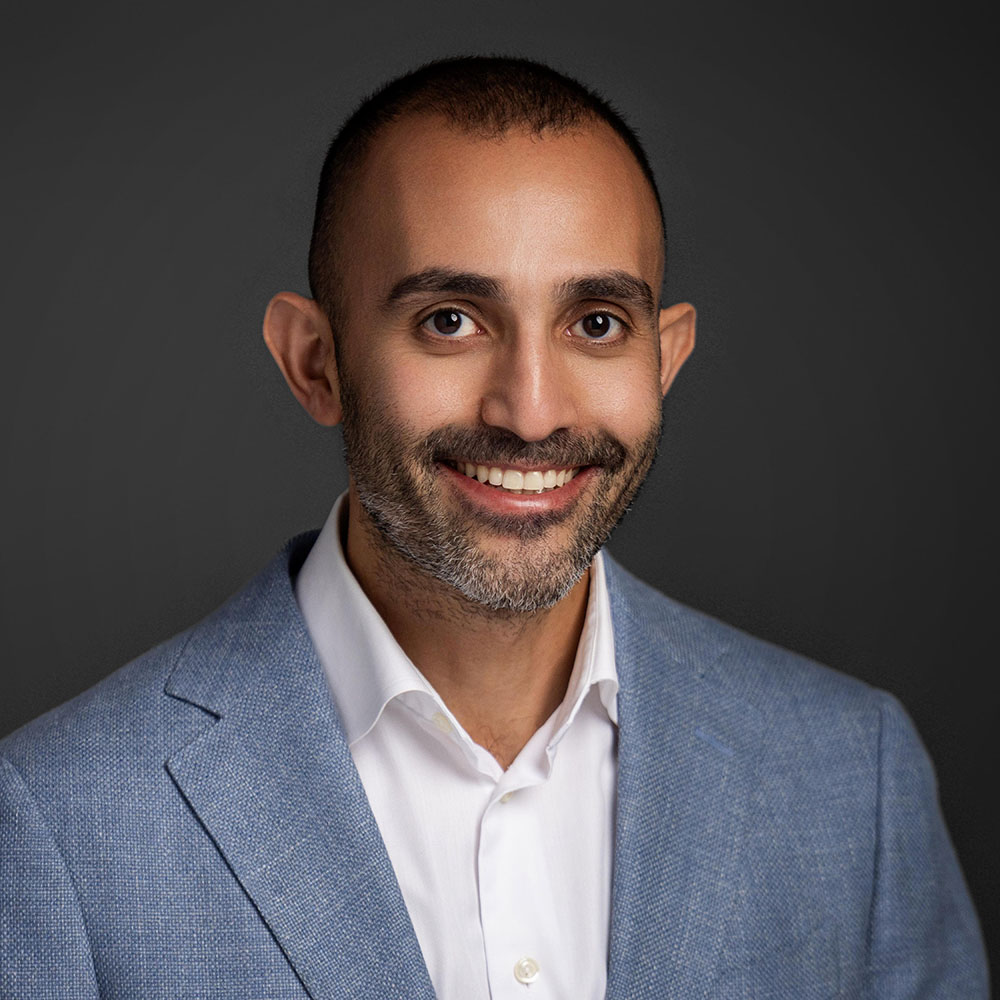Torticollis, also known as congenital wry neck, is a condition in which a child’s neck muscles contract, causing the head to tilt to one side. This condition can be present at birth or develop in infancy, and if left untreated, can affect your child’s posture, facial symmetry, and motor skills. Dr. George Kamel, a board-certified pediatric plastic surgeon at GK Plastic Surgery in Fort Lauderdale, provides comprehensive treatment for torticollis, including pediatric torticollis surgery for severe cases.
“Dr. George Kamel is excellent. He operated on my daughter at eleven weeks old and he treated her as if she was his own. I will always recommend Dr. Kamel to everyone I know. Many blessings to Dr. Kamel and his staff.“Melissa L.
Understanding Torticollis in Infants and Children
Congenital torticollis is the most common form of torticollis in infants. It occurs when the sternocleidomastoid muscle on one side of the neck is tight or shortened, causing the head to tilt toward the affected side and the chin to point in the opposite direction. This condition may be caused by positioning in the womb, birth trauma, or muscle tightness. Studies show that congenital torticollis affects approximately 1 in 250 newborns.
If torticollis is not treated early, it can lead to secondary issues such as plagiocephaly (flat head syndrome), facial asymmetry, and delays in motor development. Early diagnosis and intervention are key to preventing long-term complications.
Treatment Options for Pediatric Torticollis
The treatment for torticollis depends on the severity of the condition and the age of the child. In mild cases, physical therapy may be sufficient to stretch and strengthen the neck muscles. However, for children with more severe cases or those who do not respond to therapy, pediatric torticollis surgery may be necessary to correct the condition.
Physical Therapy
For many infants diagnosed with torticollis early, physical therapy is the first step in treatment. The therapy focuses on gentle stretching exercises to lengthen the shortened neck muscles, improve range of motion, and correct head posture. Consistent therapy over several months often leads to full resolution of the condition in mild to moderate cases.
Pediatric Torticollis Surgery
For children who do not respond to physical therapy or have more severe torticollis, pediatric torticollis surgery may be required. This procedure involves lengthening the tight sternocleidomastoid muscle to allow the neck to return to its normal position.
- Surgery is typically recommended for children between 1 and 5 years old when conservative treatments have not been effective.
- Studies indicate that 90% of children with severe torticollis who undergo surgery experience significant improvement in head and neck position, with minimal scarring and a short recovery time.
Helmet Therapy for Plagiocephaly
For infants who develop plagiocephaly (flattening of the head) due to torticollis, helmet therapy may be recommended in conjunction with physical therapy. This treatment helps reshape the infant’s head and promote more even growth during the early stages of development.
Benefits of Early Torticollis Treatment
Early intervention is crucial in treating torticollis. Without treatment, torticollis can lead to long-term complications, including:
Improved Neck Mobility
Early treatment allows for better neck range of motion, helping infants develop proper posture and head control.
Enhanced Motor Development
Correcting torticollis early helps children reach developmental milestones, such as sitting, crawling, and walking, without delays.
Reduced Facial Asymmetry
Early correction of torticollis prevents permanent facial asymmetry and promotes even facial development.
Prevention of Flat Head Syndrome
Treating torticollis helps avoid the development of plagiocephaly, a common side effect of torticollis that can cause abnormal head shape.
Trusted Pediatric Torticollis Surgery Near Miami
Families in Fort Lauderdale, Miami, and throughout South Florida trust Dr. George Kamel for expert care in treating pediatric torticollis and congenital wry neck. As a board-certified pediatric plastic surgeon, Dr. Kamel offers specialized care, including both non-surgical treatments and pediatric torticollis surgery, to correct the condition and help children regain normal head and neck mobility. At GK Plastic Surgery, we are committed to providing the highest level of care for your child’s long-term health and development.
Frequently Asked Questions About Pediatric Torticollis
-
Torticollis is often caused by tightness in the sternocleidomastoid muscle, which can result from positioning in the womb, birth trauma, or muscle injury during delivery.
-
Mild cases of torticollis may resolve with time and simple stretching exercises. However, early intervention with physical therapy is often necessary to prevent long-term complications.
-
Pediatric torticollis surgery is typically recommended for children who do not improve with physical therapy or who have severe torticollis that limits neck movement.
-
Most children recover quickly after surgery, with significant improvement in neck movement and head position. Full recovery typically takes 2 to 4 weeks.
-
Yes, if left untreated, torticollis can lead to motor delays and issues with head control. Early treatment helps prevent these complications and supports healthy development.

Expert Care in Plastic and Reconstructive Surgery
At GK Plastic Surgery in South Florida, we are committed to delivering exceptional care in both pediatric and adult plastic surgery. Led by board-certified plastic and reconstructive surgeon Dr. George Kamel, our practice specializes in treating congenital deformities, facial trauma, and aesthetic needs. With advanced training in craniofacial and pediatric plastic surgery, Dr. Kamel utilizes cutting-edge techniques, including 3D technology, to provide personalized solutions for patients of all ages.
Dr. Kamel’s expertise spans a wide range of specialties, from addressing complex craniofacial conditions like craniosynostosis and cleft lip and palate to offering comprehensive reconstructive procedures for facial trauma and congenital hand anomalies. Additionally, he provides aesthetic plastic surgery, including facial rejuvenation and body contouring, helping patients achieve natural, long-lasting results tailored to their goals.
Schedule a Consultation for Torticollis Treatment in Fort Lauderdale
If your child has been diagnosed with torticollis, early treatment is essential for preventing complications and promoting normal development. Contact GK Plastic Surgery in Fort Lauderdale to schedule a consultation with Dr. George Kamel, a leading pediatric plastic surgeon near Miami, to discuss the best treatment options for your child, including pediatric torticollis surgery.